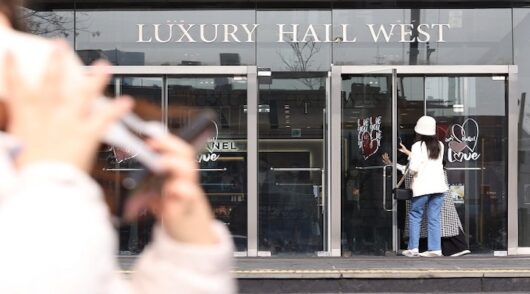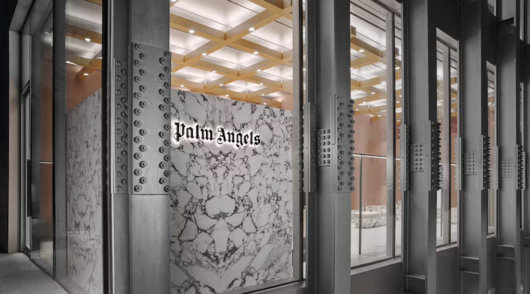Falling Hong Kong retail rents are luring growing ranks of Japanese and Korean brands into prime locations.
It’s the up-side of a torrid repositioning of Hong Kong’s retail sector brought on by declining ranks of big spending Mainland Chinese tourists and tepid domestic consumer confidence.
Kevin Lam, DTZ/Cushman & Wakefield’s head of business space in Hong Kong, says while some retailers – especially in the luxury sector hit hardest by the retail downturn – are seeking early termination of their leases to save on rent, there are new tenants coming forward to take the space – albeit at lower rates.
“Should this [early termination] become a broader trend, the general high street rent could see another drop of 10 to 15 per cent from the current level in this year,” he predicted in a report on retail and office rental trends.
“Despite this, retailers are taking the opportunity of the falling rental level to re-enter the core retail areas. There are fashion, accessories, shoes, cosmetic companies taking up street frontage shops vacated by companies of luxury goods, as those trades are sustained by a broader base of demand,” said Lam.
“Foreign brands are also benefitting from the more affordable rents to enter the Hong Kong market. Recently more Japanese and Korean brands from fashion, cosmetics, lifestyles to the food & beverage sector are aiming at the Hong Kong retail scene.”
The most recent of those retailers is Youk Shim Won, which Inside Retail Hong Kong reports today has opened in Harbour City.
High street retail rents fell by between 5 per cent and 7 per cent in the first quarter of 2016, compared with the last quarter of 2015, according to DTZ/Cushman & Wakefield’s data.
Causeway Bay retail rents are now down 51 per cent from their 2013 peak.
Another positive development of the retail market is that rents for F&B venues maintained a gradual upward trend, rising by 0.3 per cent to 1 per cent quarter-on-quarter.
“Demand for F&B spaces remains keen, although for new F&B operators, they are more interested in upstairs venues of moderate size in the key retail areas instead of ground shops, as a way of better cost control,” said Lam.






